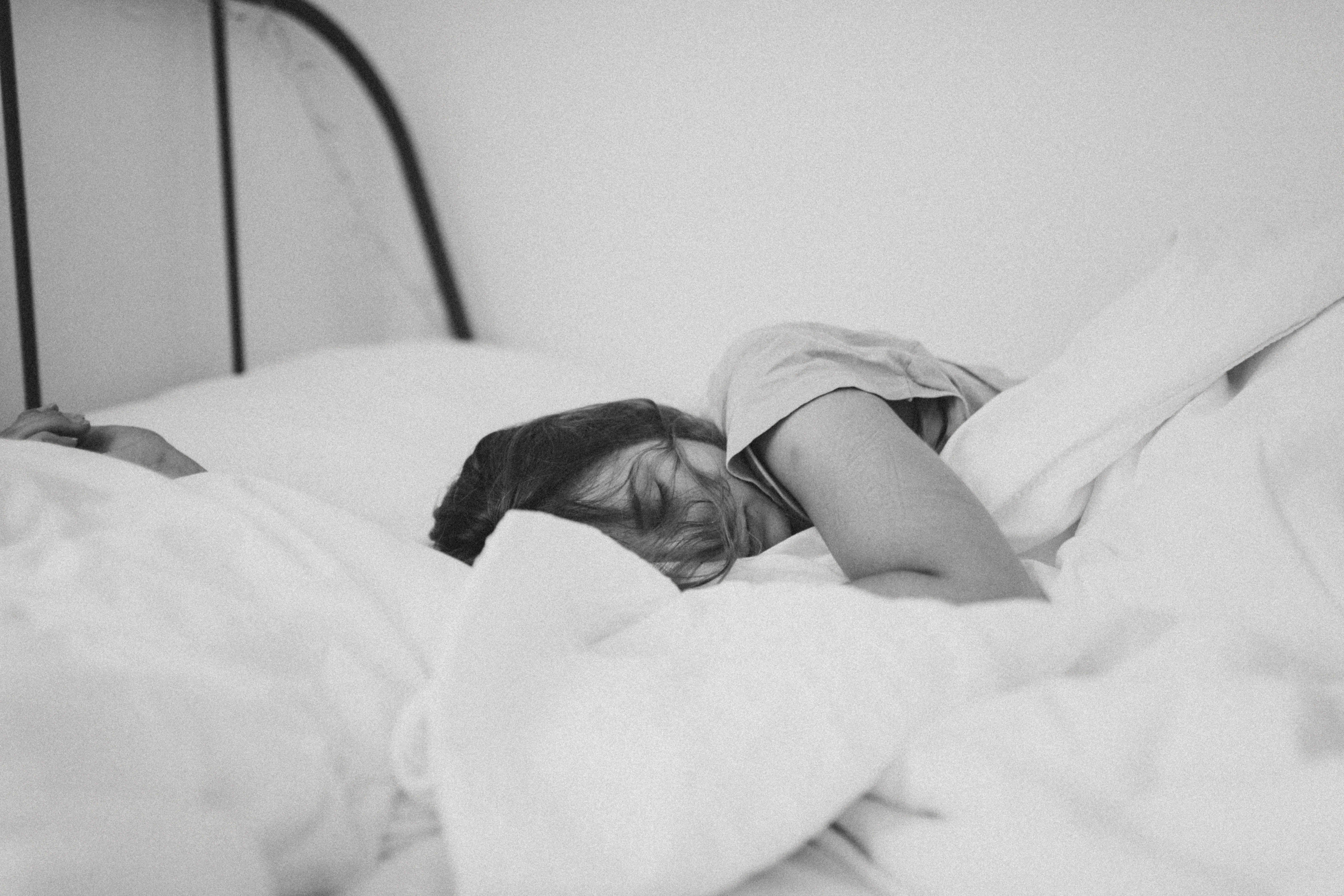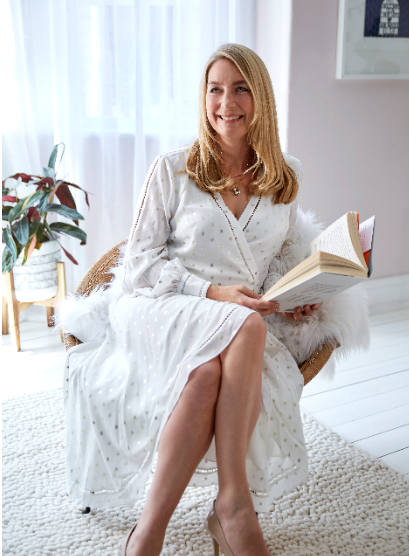How Has the Covid Pandemic Affected Our Sleep?
Mar 11, 2021


Dr Browning
Jan 22, 2025 23
- Good sleep is one of the pillars of good overall physical and mental health
- Dr Lindsay Browning explores how the Covid-19 pandemic and lockdown has affected our sleep and what steps we can take to sleep better
- If your life is affected by poor sleep or insomnia, find a therapist to help you here
Since March 2020, we have been facing a huge change to almost every aspect of our lives: a change not seen in generations. How we live has been turned on its head. We have had to face challenges with our jobs and our everyday life. We may be facing a potential loss of income and have to deal with drastic changes in how we can interact with other people, plus an almost perpetual sense of worry about our health or that of our loved ones.
These changes have been a perfect storm for our sleep. Good sleep is founded on regularity and relaxation. Both of which have been decimated over the past year.
Routine
As a result of the coronavirus pandemic, people have been asked to work from home. This has meant that people have been able to get up later and go to bed later, since they can get up five minutes before their Zoom meeting! For some people this has meant a welcome increase in their total amount of sleep since they don't have to waste time commuting.
However, a side effect of this lack of routine, means that our circadian rhythm our internal 24-hour clock can start to get weaker. If you go to bed some days at 2am and others at 10pm, or wake at 7am some days and other days sleep until 11am, this is causing havoc to your circadian rhythm. Think about how your sleep is affected by jetlag or when the clocks change in spring and autumn... we don't cope well when we change our bedtime and wake times. Even if you don't have to get up at a certain time it is a good plan to have a set bedtime and wake time seven days a week for optimal sleep.
Exercise and sunshine
With people spending more time indoors and the gyms closed, we are getting a lot less exercise than before and also not getting outside to see the sunshine. Exercise helps us sleep, so even if your gym is closed think about trying to do some exercise at home such as following a YouTube Joe Wicks workout. Also, our eyes need to see the sunshine and bright light to help our bodies know the difference between day and night. Make sure that you get outside every day at some point in the morning to midday so that you see the sunshine and get some fresh air.
Stress and sleep
The coronavirus pandemic has caused sadness, worry and anxiety, all of which mean it can be hard to get a good quality night's sleep. You might find that your mind is busy with worries as you lie in bed and try to sleep, or you might wake up in the night with disturbing, vivid dreams. These intrusive thoughts not only increase your anxiety levels, making it harder to sleep, but also the more you think about problems, the more likely you will stay awake with a racing mind.
A great idea is to dedicate some time during the day to write down anything that you are worrying about or to spend time making a to do list for tomorrow. In this way your mind will be calmer as you try to sleep. Also, make sure that you spend some time on some relaxing self-care. When we are relaxed we are more likely to sleep well.
Vivid dreams
Vivid dreams that wake you up in the middle of the night and make it harder to go back to sleep, have been commonly reported during the pandemic. The reason that this happens is because your brain trying to process the emotional impact of this global pandemic on your life during your dreaming sleep. Just as writing down your worries during the day can help calm your mind at night, doing this can also help quieten your vivid dreams. Writing down your worries and feelings allows you to express how you are feeling during the day, so that your brain won't be doing this for you in your dreams.
Using bedroom for work
In an ideal world you should only use your bedroom and your bed for sleep and sex . However, with people being forced to work from home and home-school, bedrooms have had to double up as offices and classrooms. This can mean that we start to associate our bedroom with activity and work instead of it being a relaxing haven for sleep. Although it is not ideal to work in your bedroom, we have to face reality in this unprecedented time. Try to work at a desk in your bedroom instead of in the bed itself. Also, make sure that you tidy away your work things before you go to bed so that you can't see them from your bed.
Dr Lindsay Browning is the author of Navigating Sleeplessness: How to Sleep Deeper and Better For Longer

Dr Browning
Read further

